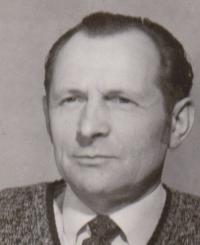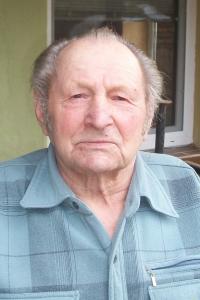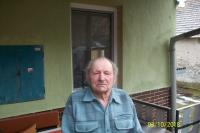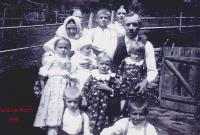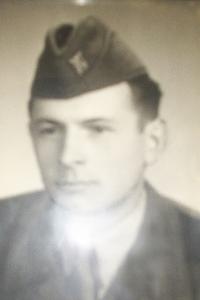“We don’t need Germans, get out!” That’s how they drove us off

Download image
Jozef Roth was born on February 11, 1930 in the village of Lúčky near Kremnica. He was born as the sixth of twelve children. His parents were of German nationality. In 1944 his family fled to Austria because they were afraid of partisan reprisals against the German citizens. After the war, they returned to their home village, where they had to face hostile attitudes of their co-citizens, confiscation of property, as well as potential eviction. Due to these circumstances, the whole family was for some time gathered at internment camp in Kremnické Bane. Later, Jozef and his father got employed in forest administration in Kremnica. Local director Macko vouched for them, helped them with temporary accommodation, and in the end, they didn’t have to move out. In April 1951 he enlisted in the Auxiliary Technical Battalions (PTP) only due to confusion of names (Roth and Rott). He had to stay there almost until the end of 1953 and gradually he worked in Mimoň, Podbořany, Líně near Dobřany, Bechyně near České Budějovice and the last two weeks he spent in Kolín. When he returned from PTP back to Lúčky, he had various jobs, and before his retirement in 1990 he worked at the Slovak Energy Enterprise Eletrovod. In 1955 he got married and with his wife Hildegarda they have lived together in village of Kopernica until present.
